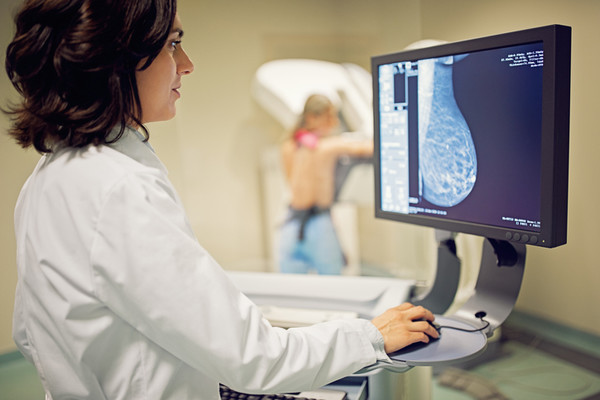A team of researchers from the National Cancer Center, in collaboration with Seoul National University, has proposed a strategy to significantly reduce the incidence of breast cancer by boosting T-cell anticancer immunity.

The research team found the NR1D1 receptor plays a key role in enhancing the antitumor CD8+ T cell response in developing breast cancer drugs.
Breast cancer is Korea's number one female cancer, accounting for about 21.1 percent of all female cancers in 2020. Recently, targeted therapies, such as PARP inhibitors (PARPi), antibody-drug conjugate (ADC) therapy Enhertu, and immuno-oncology drug Keytruda have won FDA approval and are contributing to improving breast cancer cure rates and survival rates.
However, there is still a need for new treatment strategies for recurrent patients and those with chemoresistance.
The researchers, led by Professor Lee Ho of the Cancer Biomedical Science at the NCC, conducted a study targeting the nuclear receptor subfamily 1 group D member 1 (NR1D1) and proposed a new treatment strategy to enhance the effectiveness of T cell anticancer immune responses in breast cancer. The study revealed a link between NR1D1, responsible for the body's regular 24-hour cycle, and T-cell cancer immune responses.
In a mouse model, the team found that deletion of NR1D1 increased breast cancer development and lung metastasis while decreasing T cell-mediated anticancer immune responses. They also found that NR1D1-deficient tumors had reduced infiltration of cytotoxic T cells and natural killer (NK) cells and increased infiltration of suppressive immune cells such as macrophages and regulatory T cells.
The team then conducted animal and cellular level analyses and found that NR1D1 increased cytoplasmic DNA and interferon secretion through activation of cGAS-STING signaling. Treatment with SR9009, a drug that activates NR1D1, increased interferon-mediated anticancer immunity and reduced breast cancer development and lung metastasis.
"Our findings on the effectiveness of cancer immunotherapy using the NR1D1 gene suggest new strategies and possibilities for treating breast cancer," Professor Lee said. "Our findings will be an important indicator for the ongoing research and development of cancer immunotherapies. We hope this will help us provide optimal treatments and contribute to improved survival rates for breast cancer patients in the future."
The study was published in the latest issue of Cancer Research, and the team is conducting follow-up studies to apply therapeutic strategies targeting NR1D1 to other cancers, such as lung cancer.
Related articles
- Iranian student's unforeseen journey: From Korean language course to master's in cancer genomics at NCC
- NCC, Korea University license out prognostic breast cancer biomarker to CbsBiosciences
- Korea’s NCC trains healthcare professionals from Côte d'Ivoire
- KAIST develops CRISPR nano-complex with better anticancer effects
- [Special] NCC director discusses 22 years of progress, pioneering treatments

